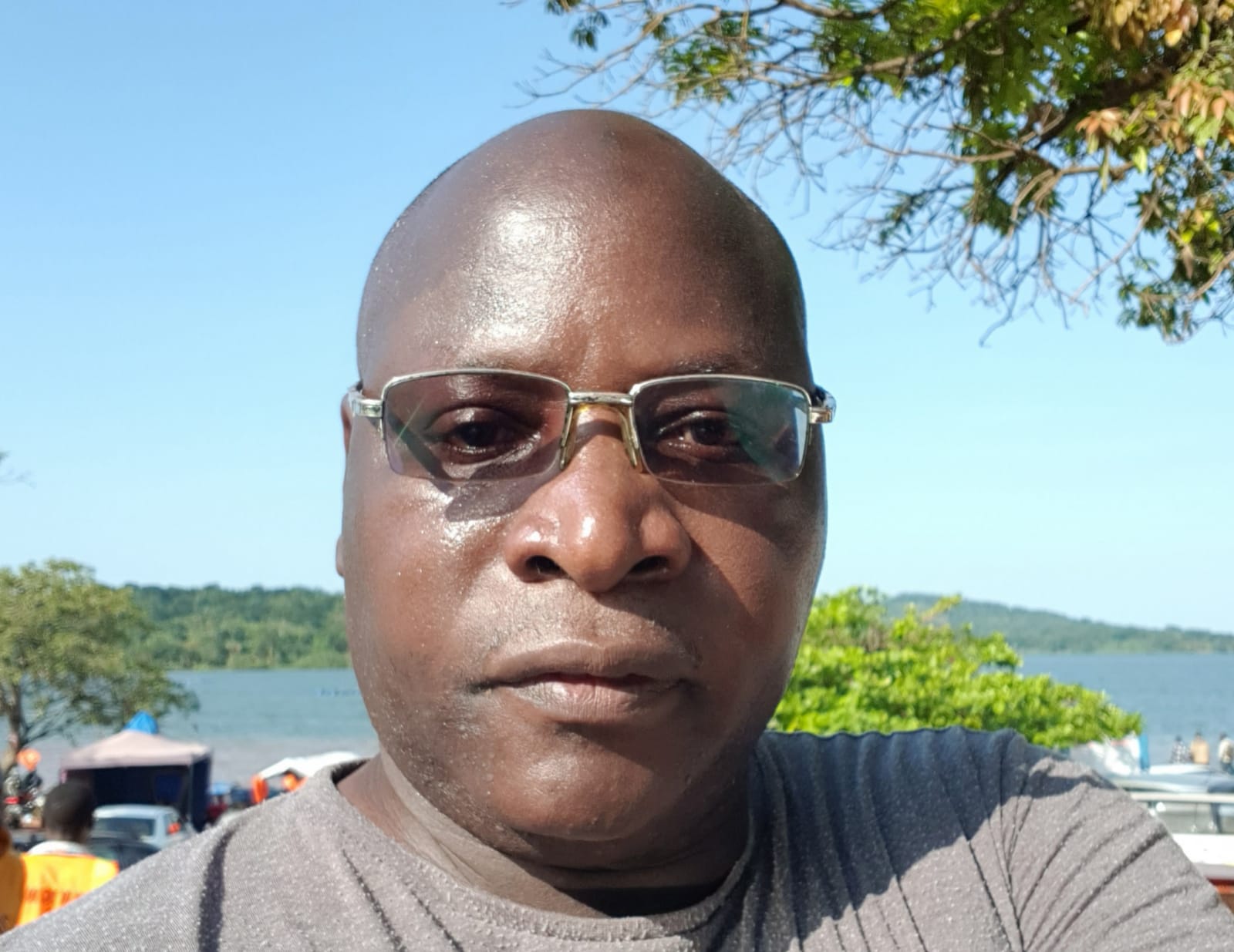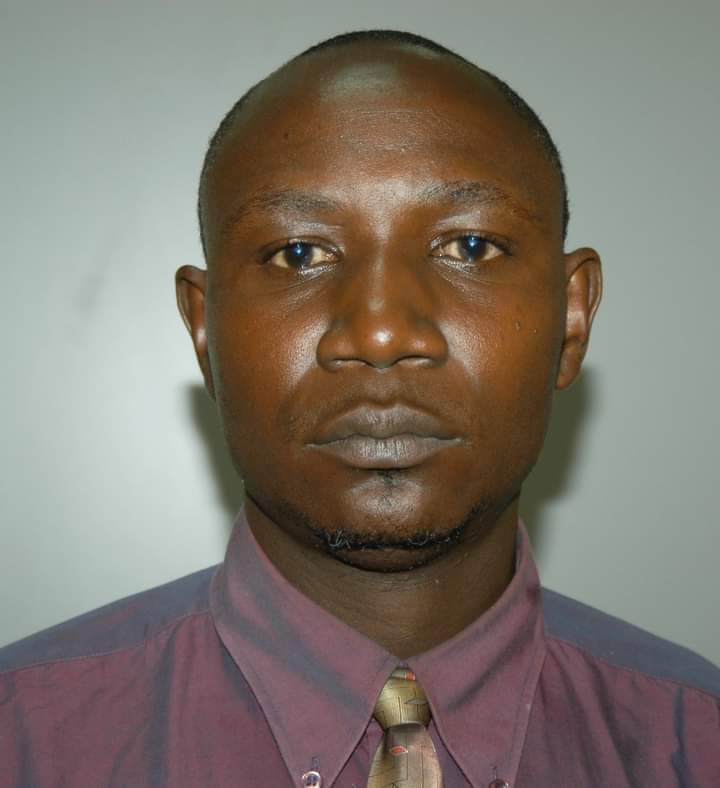By Stephen Lwetutte
It now transpires that Museveni’s much hyped victory of signing on 11 April 2021 of the East African Crude Oil Pipeline (EACOP)deal between Tanzania and Uganda to export Uganda’s crude oil through Tanzania’s port of Tanga, may have been short lived – the financing of the pipeline may have hit a snag after some of the key financiers reportedly pulled out, leaving the whole project precariously hanging in the balance. The saying that never count your chicks before they harsh may be aptly used to describe President Museveni’s premature celebration of the Uganda-Tanzania deal. Museveni has famously laid claims to owning Uganda’s oil, if his statements such as “my oil cannot be managed by the wrong elements” are anything to go by. The shrouded in secrecy multibillion dollar deal also has French oil giant Total and China’s National Offshore Oil Corporation (CNOOC) as additional signatories.
State institutions in Uganda have completely collapsed under the weight of a thinly disguised 36-year-old one-man corrupt rule. Anyone contracting anything with Museveni’s Uganda will likely be doing so with an individual for personal self-enrichment purposes, and at their own risk, as opposed to agreeing with the people of Uganda through their legitimate and accountable leaders. The fact, therefore, that three French banks have decided not to be part of the financiers of the deal after all is not surprising, speaks volumes and should be commended. On 22 April 2021, with the ink on the EACOP agreement hardly dry, BNP Paribas, Société Générale and Crédit Agricole reportedly abandoned the deal. They were swiftly followed by Barclays, Credit Suisse and ANZ in jumping ship. A source was quoted by the Les Echos newspaper, which broke the news, as saying that the project was too hard to defend. The pressure is now on for the other financiers of the deal, Standard Bank, SMBC and ICBC, to follow suite.
Notwithstanding the fact that Total, in its mission statement, claims to “attach the utmost importance to compliance with human rights in the implementation of [their] projects,,,[to] not use or tolerate the use by others of aggression or physical or legal threats against people who are exercising their right to freedom of expression or their right to peaceful assembly or protest”, their seems to be a huge dichotomy between this public undertaking with the well-documented and globally beamed brutality and other egregious human rights violations by the Museveni tyranny. Ugandans are heartened to learn that even Total’s shareholders are rightly concerned about its ethical and corporate social responsibility in certain instances and would be seeking to review these at their Annual General Meeting next month.
President Museveni’s regime must be starved of resources to oppress Ugandans and denied a lifeline to survive and sustain brutality. Museveni’s western allies must act now and impose full-scale sanctions in solidarity with Ugandans to degrade the regime’s capacity to continue harming and hurting Ugandans. It is about time governance issues were placed at the heart and as a condition of the continued relations with the country’s allies. Anything less would constitute a betrayal of Ugandans and their constitution, and might have the undesired effect of jeopardizing and straining future relations with our country.
In the meantime, we are well-pleased with the action taken by the French banks with regard to the EACOP, as the implementation of developmental projects and observance of human rights are not mutually exclusive, and the latter cannot and must not be placed on the altar for achievement of the former. Deals with unaccountable rulers can protect the environment nor defend human rights as demanded and expected by both municipal and international law. This action is hopefully the first salvo in the war against dictatorship and unaccountability, and clearly a win for Ugandans – Museveni’s oil might after all not be flowing according to his schedule, but ultimately on legitimate Ugandans’ terms. We expect President Museveni to get back to the drawing board and address not just the concerns relating to this project, but the general crisis-ridden governance standards and record.
The writer is a Multilingual Human Rights Practitioner, formerly at the International Secretariat of Amnesty International in London for over 20 years and now Legal and Human Rights Consultant.



